Unconscious Dominions explores the globalization of the unconscious as a mediating discourse of modern civilization, its discontents, and its others. This important collection of essays treats the universalized psychoanalytic subject as a constitutively colonial creature, showing how from the 1920s psychoanalysis was a mobile technology of both the late-colonial state and anti-imperialism. Insights from psychoanalysis shaped European and North American ideas about the colonial world and the character and potential of "native" cultures. The ideologies undergirding European expansion informed the apparently generic psychoanalytic subjectivities that emerged throughout the world in the twentieth century. Our understandings of culture, citizenship, and self have a history that is both colonial and psychoanalytic. Yet, until now, the character of this intersection has scarcely been examined, much less analyzed in comparative perspective. Unconscious Dominions take up that comparative project. Drawing on research in Australia, Brazil, France, Haiti, and Indonesia, as well as India, North Africa, and West Africa, the distinguished contributors reveal the specificity of the relations between psychology and globalization. In doing so, they bring historical depth and political nuance to the psychoanalytic elements of postcolonial theory. Contributors: Warwick Anderson; Alice Bullard; John Cash; Joy Damousi; Didier Fassin; Christiane Hartnack; Deborah Jenson; Richard C. Keller; Ranjana Khanna; Mariano Plotkin; Hans Pols


























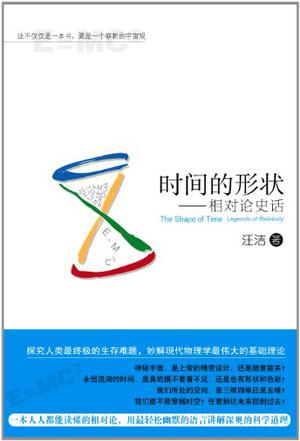
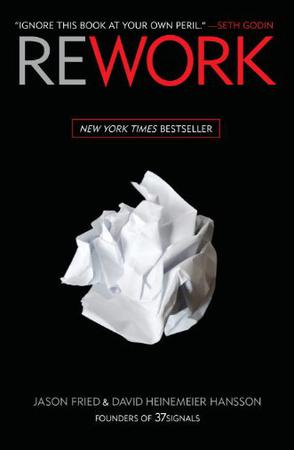
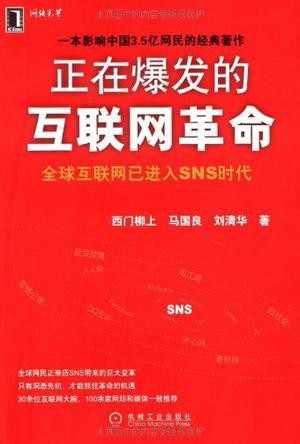
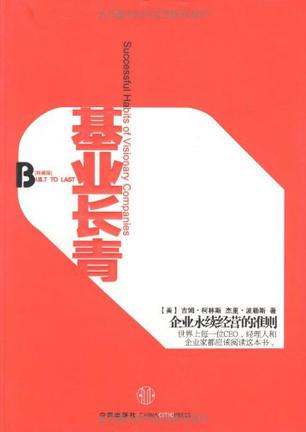


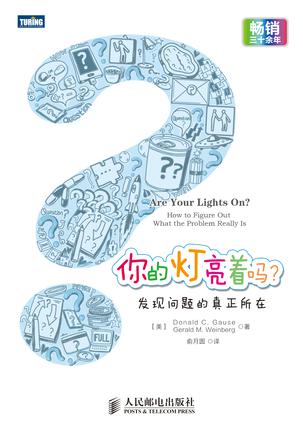
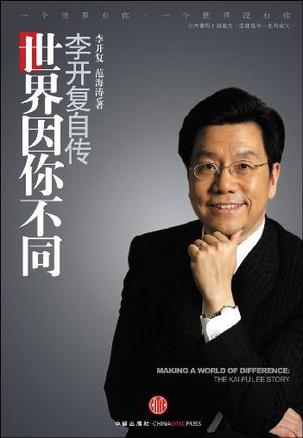
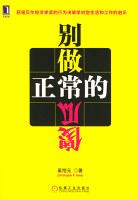
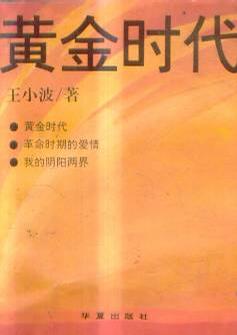
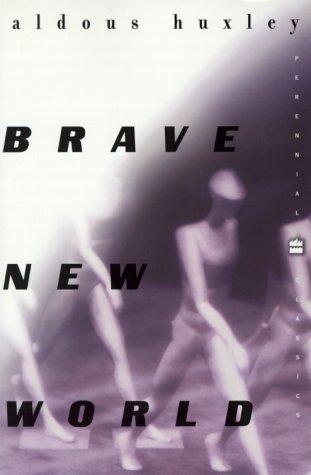
评价“Unconscious Dominions”